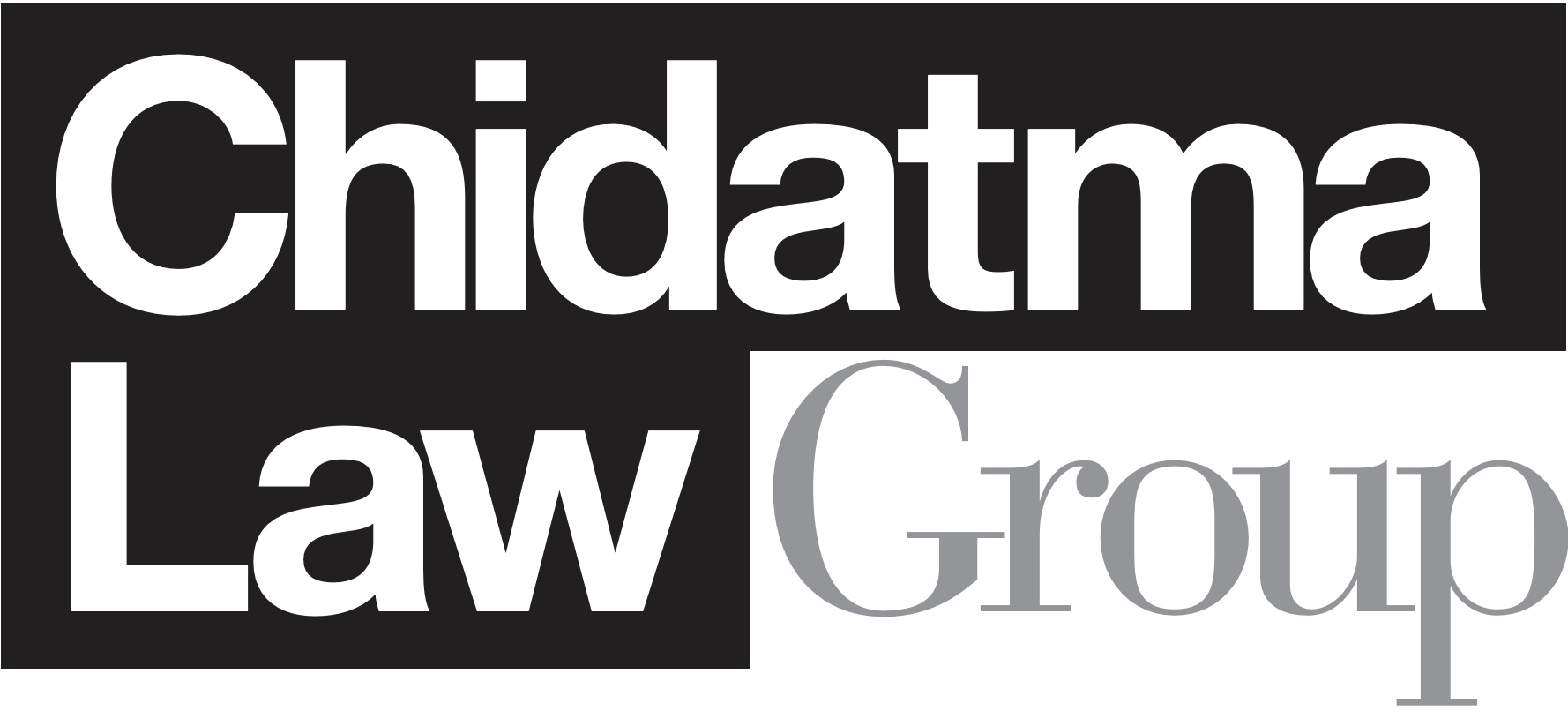
The World Health Organization (WHO) declared COVID-19 a global health emergency (pandemic) in March, 2019. The coronavirus continues to relentlessly disrupt supply chains, cancel business conferences and trade shows, and upend travel plans. Clients ask us similar questions: “What happens to my contract? Must I honor it? Can I get out of it?”
Let’s conjure a simple (but not far-fetched) hypothetical. Imagine that classic rock stars the Rolling Stones are slated to play Madison Square Garden in May, 2020. With New York City’s virtual shutdown (by both State and City Executive Orders), the show will not go on. Questions naturally arise regarding what happens to:
- the contract between the concert venue and the band
- marketing contracts to promote the event
- hotel reservations which have been pre-booked
- a store which leases retail space near the arena
Answers usually depend upon specific contract terms (what’s included, and what’s not), and facts. Furthermore, answers hinge on three important legal doctrines:
- impossibility (or impracticability) of performance
- frustration of purpose
- force majeure
Impossibility and Impracticability of Performance
New York law recognizes the inherent unfairness and inequity to enforce contracts when circumstances are extraordinary and beyond a party’s control. New York courts recognized that rule nearly 150 years ago (Stewart v. Stone, 127 N.Y. 500, 28 N.E. 595 (1891)).
Where the sale of goods are involved, New York’s Uniform Commercial Code generally calls the rule “the doctrine of impossibility of performance”:
Except so far as a seller may have assumed a greater obligation … Delay in delivery or non-delivery in whole or in part by a seller … is not a breach of his duty under a contract for sale if performance as agreed has been made impracticable by the occurrence of a contingency the non-occurrence of which was a basic assumption on which the contract was made or by compliance in good faith with any applicable foreign or domestic governmental regulation or order whether or not it later proves to be invalid. (NY UCC §2-615).
With impossibility, the contract party is only excused when an unforeseen, unanticipated event makes performance objectively impossible – which naturally is a high standard. Kel Kim Corp. v. Central Markets, Inc., 70 N.Y.2d 900 (N.Y. 1987). Courts apply the doctrine narrowly, and resist using it when events are foreseeable and the parties could have allocated the risks.
New York is stricter than most other states: performance must be “objectively impossible” (Kel Kim, at 902). In our rock concert example, government restrictions directly prevent performance. Mass gatherings, such as a concert, are prohibited. Here, a party can more easily prove “objective impossibility” due to the coronavirus – it’s simply impossible to stage a live concert at the venue.
Frustration of Purpose
“Frustration of purpose” is closely related to “impossibility”. Of course, the pandemic is frustrating. But here we refer to another legal doctrine:
Where, after a contract is made, a party’s principal purpose is substantially frustrated without his fault by the occurrence of an event the non-occurrence of which was a basic assumption on which the contract was made, his remaining duties to render performance are discharged, unless the language or the circumstances indicate the contrary. Restatement Second of Contracts, §265.
This doctrine may be invoked where performance is not impossible but, due to significant change in circumstances, a basic assumption in the parties’ agreement has not materialized.
Back to our example. The marketing team was hired, but the concert is now canceled due to the coronavirus outbreak. Theoretically, the vendor can still perform the services (hence, not impossible), but the entire thrust of the transaction (i.e., the basic premises) was to draw thousands of concertgoers to the show. Here “frustration of purpose” (not “impossibility”) seems the better fit.
Force majeure
Force majeure is a French phrase which means:
1 : superior or irresistible force
2 : an event or effect that cannot be reasonably anticipated or controlled
Sometimes called an act of god provision, contract force majeure clauses typically excuse performance when the parties’ ability to perform is upset by “an extreme and unforeseeable occurrence” beyond the party’s control. Team Marketing USA Corp. v. Power Pact, LLC, 41 A.D.3d 939 (N.Y. App. Div. 2007). Contract parties can define force majeure as they see fit. Again, New York courts sparingly afford relief, and therefore contract language is crucial.
Many force majeure clauses do not specifically list illness, pandemic or epidemic as a triggering event. Whether that omission is inadvertent or intentional will turn on fundamental principles of interpreting and construing contracts.
Even if a force majeure provision covers coronavirus, that is not dipositive. The party relying upon force majeure must also satisfy these criteria:
- proving that the event was unforeseeable
- demonstrating that the event actually prevents performance
- notifying the other party (usually immediately upon discovery or shortly thereafter)
- mitigating (reducing) the adverse consequences (damages)
Too often during contract negotiations, force majeure clauses are dismissively glossed over. As with the other doctrines, force majeure is determined case-by-case . It depends upon the specific contract terms, which law applies, and relevant facts.
Courts narrowly construe force majeure clauses. Whether COVID-19 excuses performance will depend upon the particular force majeure clause.
Force majeure provisions often use generic “catch-all” terms such as:
- acts of god
- government regulations
- wars
- labor shortages
- national emergencies
- moratoria
- strikes
- acts beyond the [reasonable] control of the parties
- disasters
COVID-19 will likely count as a force majeure event if the provision expressly refers to a “pandemic,” “epidemic” and/or “disease”. Absent those express terms, the language will present more challenges.
Commercial Leases
The Real Estate Board of New York’s retail form lease contains the following onerous pro-landlord provisions:
Inability to Perform. This lease and the obligation of Tenant to pay rent hereunder and perform all of the other covenants and agreements hereunder on part of Tenant to be performed shall in no way be affected, impaired or excused because Owner/Landlord is unable to fulfill any of its obligations under this lease, or to supply, or is delayed in supplying, any service expressly or impliedly to be supplied, or is unable to make, or is delayed in making, any repair, additions, alterations or decorations, or is unable to supply, or is delayed in supplying, any equipment, fixtures or other materials, if Owner/Landlord is prevented or delayed from so doing by reason of strike or labor troubles, government preemption or restrictions, or by reason of any rule, order or regulation of any department or subdivision thereof of any government agency, or by reason of the conditions of which have been or are affected, either directly or indirectly, by war or other emergency, or when, in the judgment of Owner/Landlord, temporary interruption of such services is necessary by reason of accident, mechanical breakdown, or to make repairs, alterations or improvements.
Landlords (not tenants) customarily draft the lease, which are heavy-handed in landlords’ favor. Even when a commercial tenant is well represented by experienced counsel, those “miscellaneous provisions” are rarely negotiated with much forethought. Even when revised, typically these clauses do not excuse the tenant’s obligation to pay rent. So although the coronavirus may excuse performance (for example, the obligation to continuously operate), rarely will the tenant’s payment obligations be excused.
How is your business affected by COVID-19? Let us help you
If your business suffers due to the novel coronavirus’s devastating impacts, don’t delay. Relentless demands, late deliveries, missed payments, confusing contracts and non-performance present overwhelming and confusing issues. Trust the experienced, caring professionals at Chidatma Law Group.
Conveniently located in New York City (and available by Zoom conference), your experienced business lawyer, Dwight Yellen, will make you our priority and put your mind at ease. We are seasoned professionals and know business! We will answer your questions, evaluate your circumstances, and discuss your options. Call us right away (212-903-4546), or contact us confidentially online.

